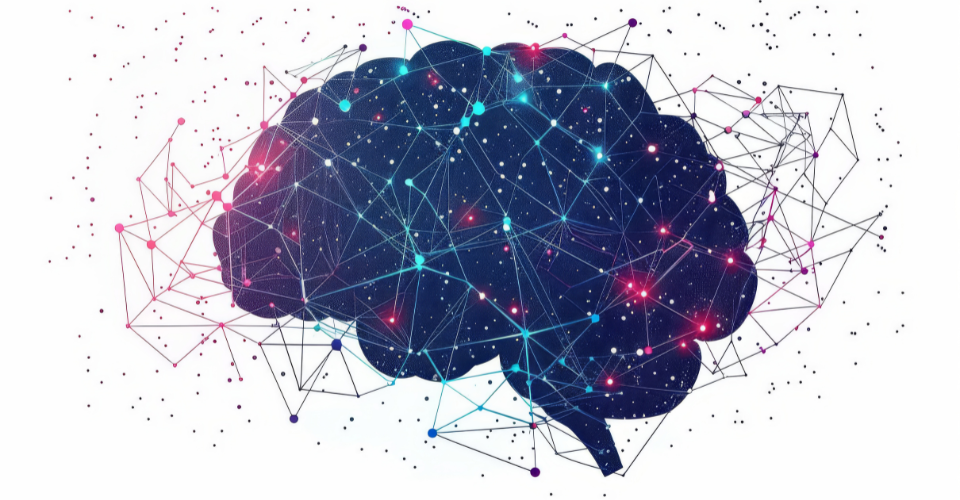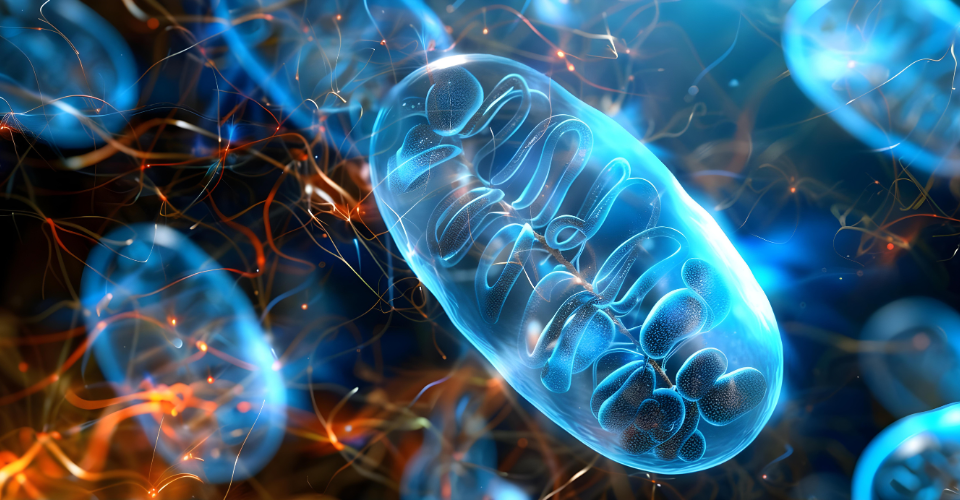Impact of Involuntary Autobiographical Memories (IAMs) on Mental Health Investigated
This article is about a study that was done on the mental health of people which included involuntary recall of recurring memories, and it was published online at npj Mental Health Research.
The study was done by the University of Waterloo’s Psychology Department. The research investigates how involuntary autobiographical memories (IAMs) relate to various mental conditions.
IAMs represent personal memories that re-emerge spontaneously and continue without intentional remembrance for years.
Revealing the Role of Recurring Memories in Mental Health
Previous studies have focused on single events or traumas that caused the decline in mental health, but this study is different.
It attempts to understand how emotions and events are reconstructed continuously over time, explaining their relevance in psychopathology.
Depression, post-traumatic stress disorder (PTSD), social anxiety or general anxiety were among the many symptoms of recall memory.
The focus was to determine whether content of recurring memories could be associated with heightened manifestation of depressive symptoms, PTSD, social or general anxiety.
These recurring memories include reminiscing about social interaction with friends or reflecting on occasions when one felt embarrassed.
Memory Content as a Key to Understanding Mental Health
The research emphasized the importance of what is contained in these recurring memories; suggesting that the emotional context surrounding these memories and how they are remembered by individuals is vital for one’s mental health status.
“We found unique relationships between specific topics and specific symptoms of disorders above and beyond how positive or negative a memory was rated,” explain the authors.
“Our study suggests that content such as types of events described and how they have been re-constructed by an individual is essential to consider for understanding mental health status.”
Thousands Surveyed for Patterns Deciphering
From 2018 to 2020, more than six thousand participants filled out online surveys about their recurrent memories.
Participants were asked about what those memories represented for them thus providing valuable insights into the study.
Researchers organized responses into categories such as “experiences with family members,” “conversations,” or “miscommunication.”
Findings made through Memory Categorization
It also showed that certain memory topics had unique correlations with symptoms of mental health conditions.
For example, “negative past relationships” or “abuse and trauma” were specifically linked to depression or PTSD symptoms.
Associations Between Specific Memories and Mental Health Symptoms
Depressed participants had more recurring memories about “abuse and trauma.” On the other hand, participants with PTSD had repetitive memories concerning “negative past relationships.”
Additionally, those with PTSD were less likely to repeatedly recall positive memories like “interactions with friends.”
Implications on Social Anxiety by Memories
Memories related to social interactions directly related to symptoms of social anxiety but not any other disorders.
People who were diagnosed with social anxiety showed an inclination towards thinking about “reflections and decisions”.
They were unlikely to remember “negative past relationships” and “abuse and trauma” again and again.
Distinct Patterns for General Anxiety Symptoms
Participants demonstrating general anxiety symptoms repeatedly brought up “conversations.”
According to the researchers, topics within recurrent IAMs are highly relevant to mental health matters.
By understanding these connections, it can enable us to identify them as well as differentiate them hence quantify such links.
In conclusion, the importance of content and emotional context in understanding mental health disorders through recurring memories is shown by this groundbreaking research.
The study has shed light on how different mental health symptoms manifest from certain memory themes and offers a new angle for mental health research.
This study is an important first step toward grasping the complex relationship between memories and the existence of mental disorders in future possibly leading to more specific interventions and treatments.




























